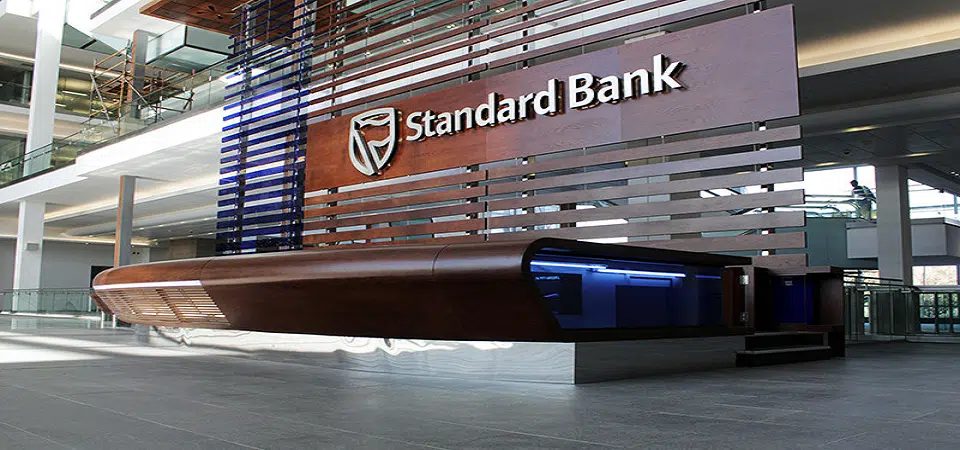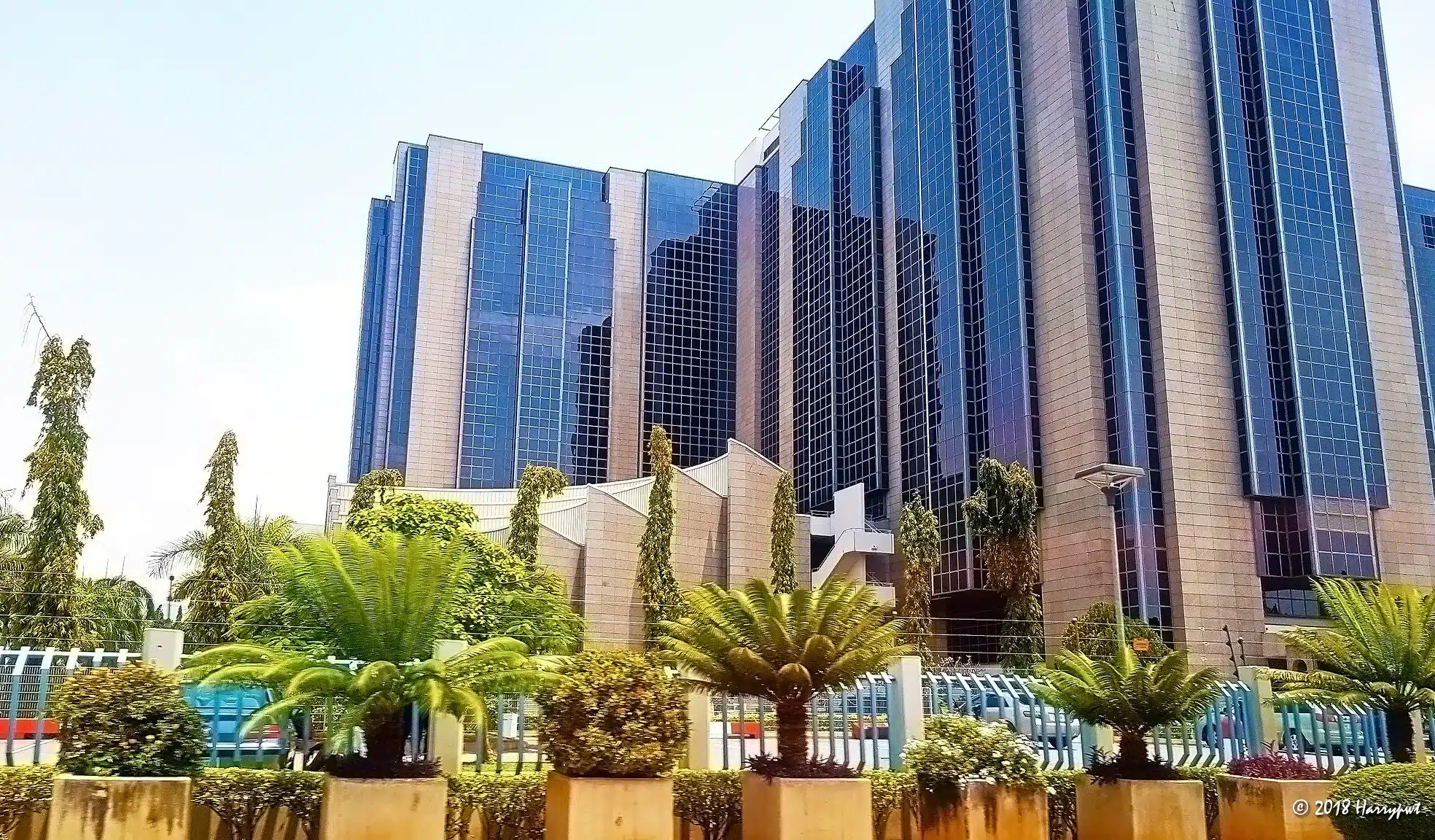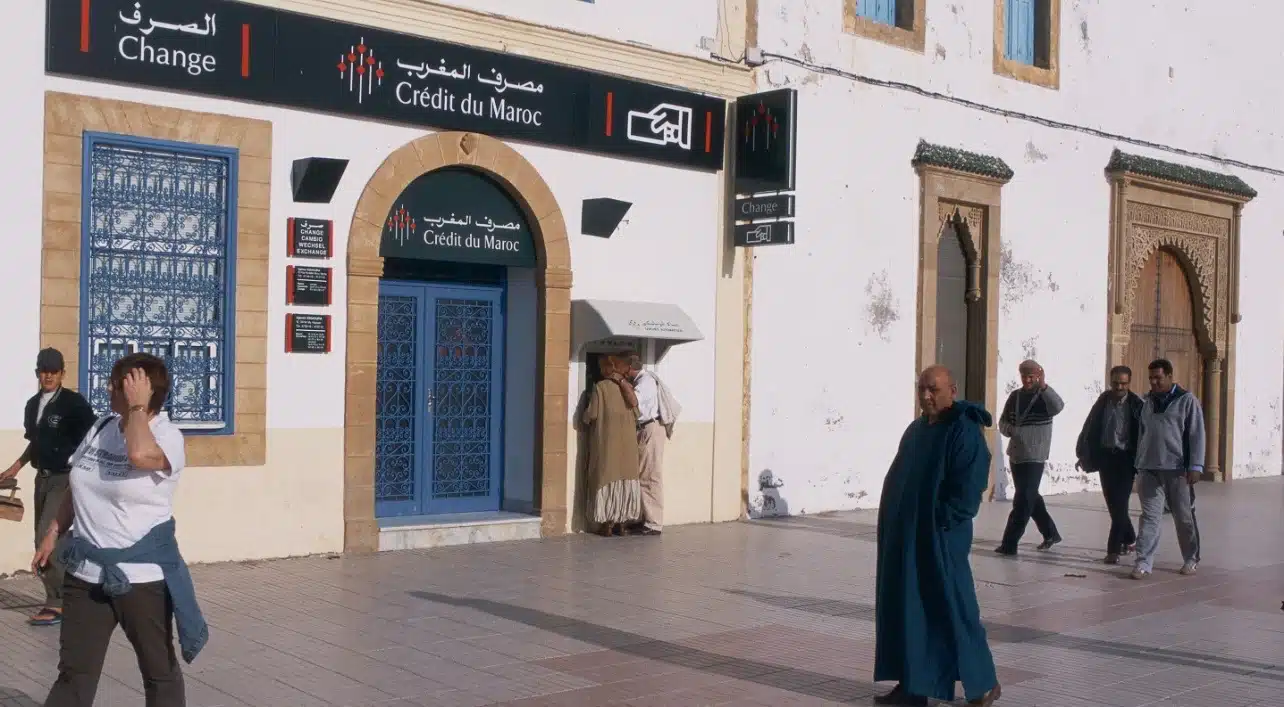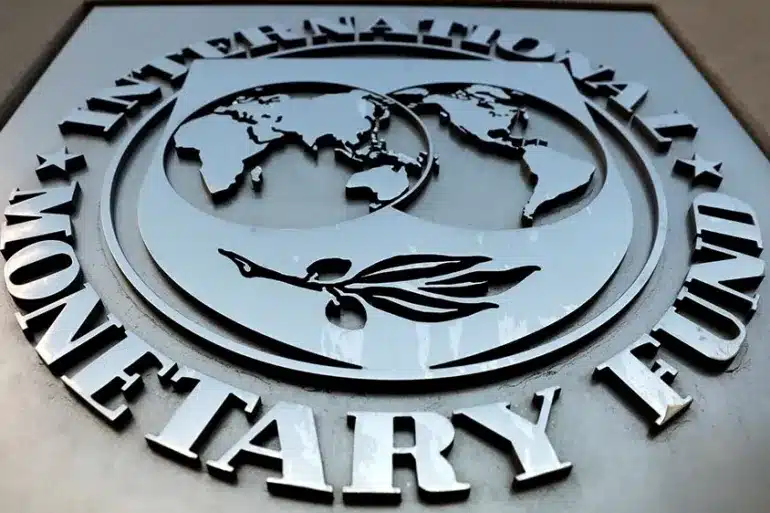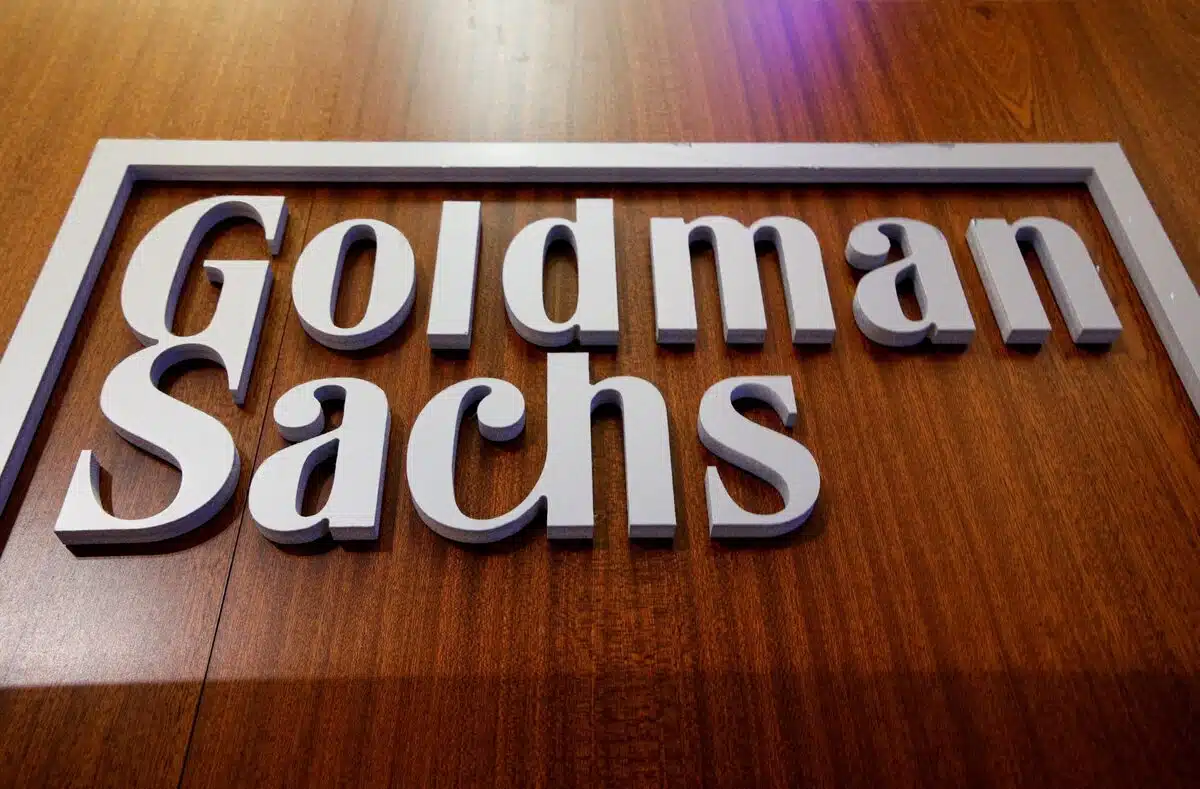Standard Bank Group, Africa’s biggest lender by assets, has officially expanded its footprint into Egypt, marking a strategic move to capture rising trade, capital, and investment flows between North Africa, the Gulf, and sub-Saharan markets.
At an event near the Pyramids of Giza on Wednesday, Sim Tshabalala, Chief Executive of the Johannesburg-based bank, said the decision was informed by growing economic links and Egypt’s strengthening role as a bridge between Africa and the Middle East.
“We are seeing increased movement of clients, capital, and goods between Egypt and Africa,” Tshabalala said. “With African growth averaging around 4.5% and Egypt running higher, we believe Egypt will push the continent’s growth even further.”
The new representative office in Cairo underscores Standard Bank’s long-term view of Egypt as a key node for intra-African commerce and Gulf–Africa connectivity.
The banking group, which operates in 20 African countries and has global hubs in London, New York, Beijing, and Dubai, said the office would focus primarily on financing, trade, and investment flows for Egyptian corporates and multinationals looking to expand into other African markets.
“It was becoming obvious that Egypt is playing a very important role as a link between the Gulf and the African continent,” Tshabalala told Reuters. “We need more than suitcase banking — we need a base in Egypt and to work closely with our colleagues in Dubai to serve our clients effectively.”
The expansion comes as Egypt’s reform programme and easing inflation boost business confidence following two years of economic strain. Standard Bank’s entry reflects long-term optimism about Africa’s second-largest economy and its growing role in driving continental trade integration.
By positioning itself at the crossroads of Gulf liquidity and African opportunity, the Bank aims to become the preferred financial partner for Egyptian corporates, multinationals, and investors seeking access to Africa’s fast-expanding markets.
A recent report by African Business magazine shows that Standard Bank remains the continent’s largest lender by a wide margin, with its Tier 1 capital rising to $13.2 billion from $12.5 billion a year earlier.
Egypt’s banking sector at a glance
Egypt’s banking system is one of the oldest and most developed in Africa, playing a central role in the country’s economic and financial stability. The sector is dominated by large, well-capitalised institutions such as the National Bank of Egypt, Banque Misr, and Commercial International Bank, with a mix of state-owned, private, and foreign banks contributing to a diversified landscape.
Following a major banking reform programme launched in the mid-2000s, the Arab country strengthened regulation, encouraged consolidation, and enhanced the Central Bank’s supervisory role.
These reforms boosted resilience and helped the sector navigate external shocks, including the COVID-19 pandemic, currency devaluations, and the recent inflation surge driven by global and domestic pressures.
In 2023 and 2024, Egypt faced acute foreign exchange shortages and a steep depreciation of the pound. However, with renewed International Monetary Fund support, policy adjustments, and a gradual easing in inflation, confidence in the macroeconomic outlook has started to improve.
Banks are now better positioned to support economic activity, particularly in trade finance, project lending, and infrastructure investment—areas where Standard Bank sees opportunities.
Moreover, Egypt’s strategic location—linking North Africa, the Middle East, and sub-Saharan Africa—and its membership in the Common Market for Eastern and Southern Africa (COMESA) make it a natural hub for cross-border financial integration.
The rise of the African Continental Free Trade Area further enhances its potential as a gateway for regional expansion.
Strategic fit for Standard Bank
For Standard Bank, the Cairo office represents more than geographic expansion—it reinforces a broader pan-African strategy of connecting the continent’s economies through capital mobility, trade facilitation, and investment flows.
Luvuyo Masinda, Chief Executive of Corporate and Investment Banking at Standard Bank, said the move would help Egyptian companies tap into the bank’s established network across Africa. “Cross-border trade within Africa is a major part of what we do,” he noted. “Our balance sheet is built for African risk, and that’s something we can leverage to support Egyptian clients looking southward.”
Masinda acknowledged Egypt’s current economic challenges—foreign exchange liquidity constraints, high inflation, and elevated interest rates—but expressed confidence in the country’s recovery trajectory. “There are turbulences, but there is also recovery on the horizon,” he said.
Rassem Zok, the bank’s Middle East and North Africa (MENA) Chief Executive, described Egypt as the anchor of a strategic triangle connecting the Gulf and sub-Saharan Africa, complementing Standard Bank’s two-decade presence in the United Arab Emirates.
“The Cairo office strengthens our position as a facilitator of Gulf–Africa flows,” Zok said. “This expansion allows us to deepen relationships with clients across the MENA region who are increasingly looking to Africa for growth.”

